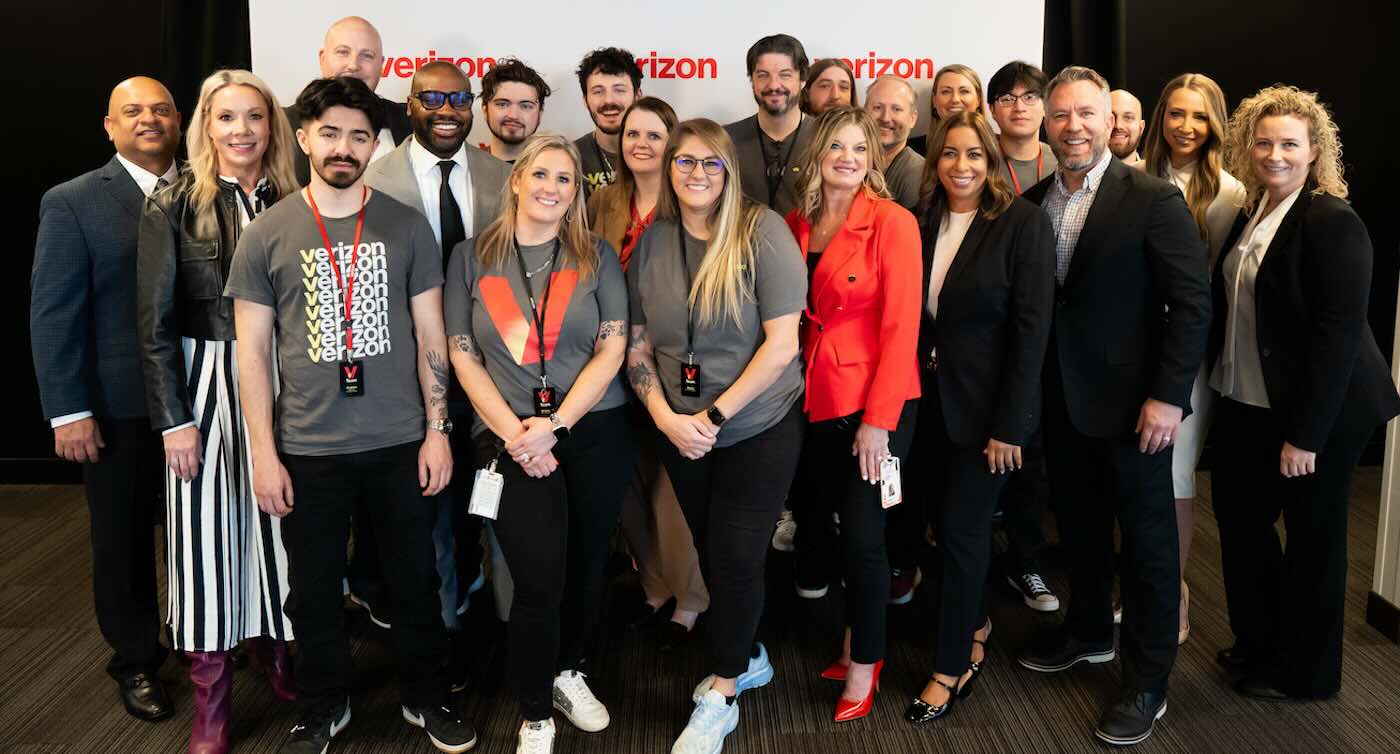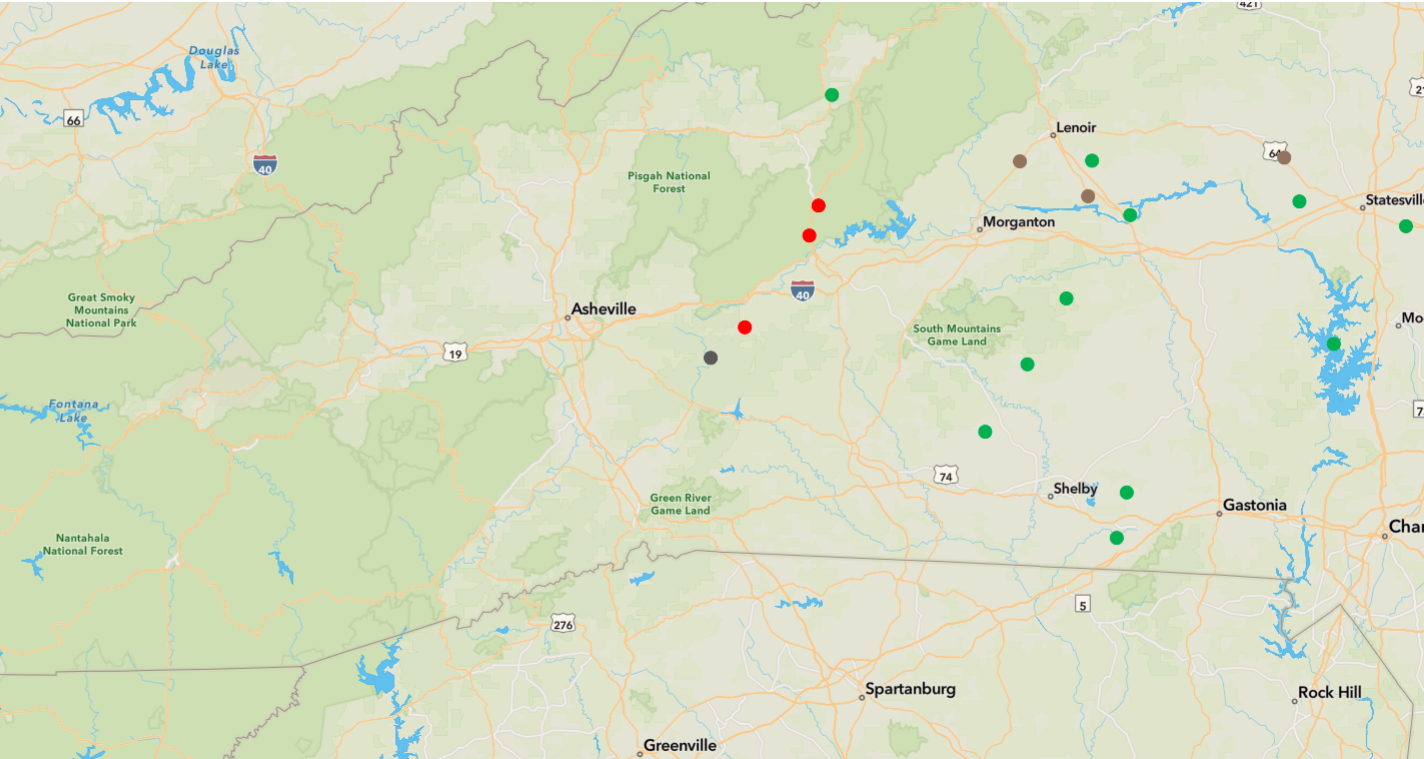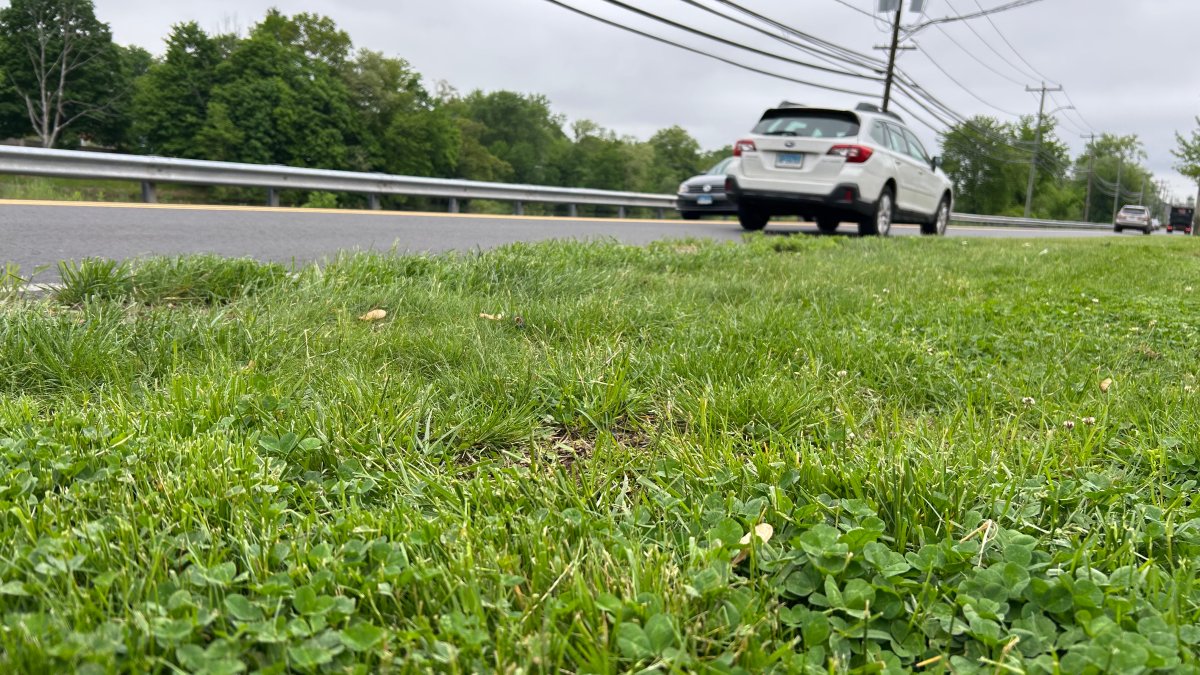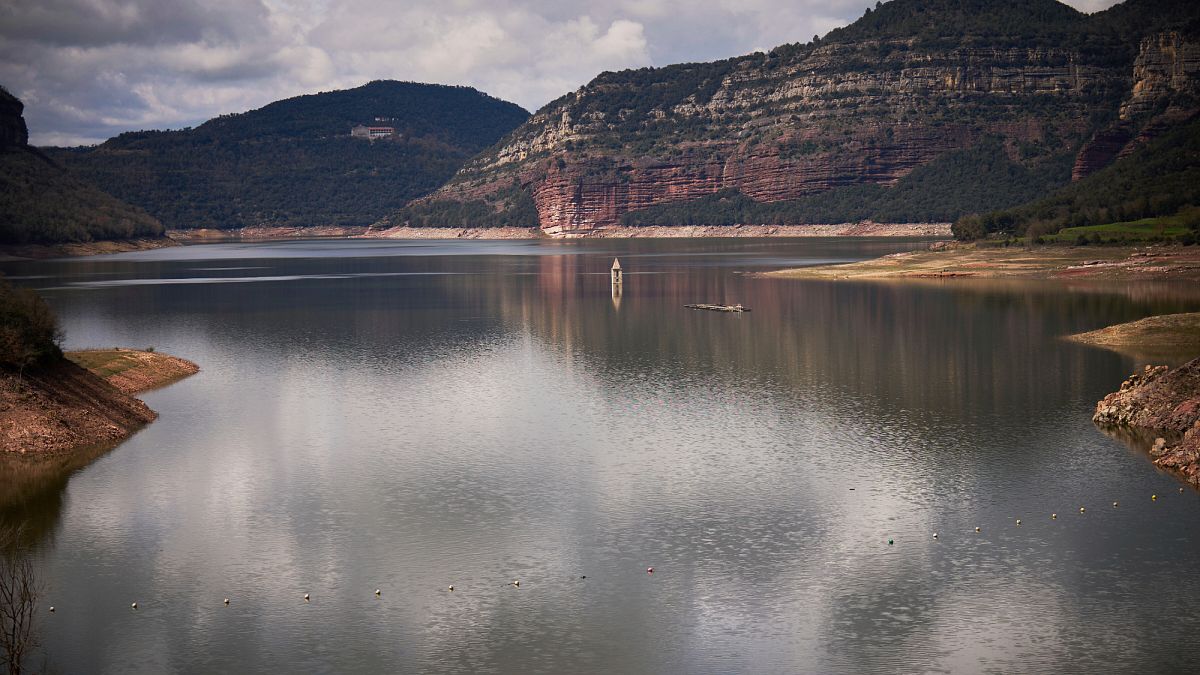Arizona
ADOT prepares Arizona roads before Hurricane Hilary hits
/cloudfront-us-east-1.images.arcpublishing.com/gray/3CSGDNMILVAFHHUIJJR4BC7DHA.jpeg)
PHOENIX (3TV/CBS 5) — As Hurricane Hilary barrels towards the U.S., the Arizona Department of Transportation is taking this time to prepare. “You have to take it seriously, you know, and we know the focus is the southwest part of the state but we have to be ready for any part of the state,” said Doug Nintzel, a spokesman with ADOT.
ADOT prepares for natural disasters year round and is currently clearing out drainage ditches and checking their water pumps along their major roads in case flooding does hit Arizona. “You never know where storms might pop up, so you do have to be prepared as if this is something that brings a lot more rain that is forecasted,” said Nintzel.
ADOT is urging caution to those looking to travel west this weekend, as those areas of the state will be most impacted. “Don’t be in a hurry in terms of speeding on wet roadways. Bring a survival kit on the chance a highway is closed and you are stopped out there,” said Nintzel.
ADOT will be using their traffic operation center in Phoenix as a command center if things take a turn anywhere in the state this weekend. “We need to prep the equipment because we need to know if something happens, our maintenance crews can hop in a vehicle and get to the scene of those incidents,” said Nintzel.
See a spelling or grammatical error in our story? Please click here to report it.
Do you have a photo or video of a breaking news story? Send it to us here with a brief description.
Copyright 2023 KTVK/KPHO. All rights reserved.

Arizona
Medicaid cuts could hurt thousands of Arizonans, Hobbs says

PHOENIX — A massive number of Arizonans could lose their health care if the GOP’s Medicaid cuts become law, according to Gov. Katie Hobbs.
“Under the current plan, somewhere around 10 million Americans will lose health care coverage,” Hobbs told KTAR News 92.3 FM’s Outspoken with Bruce and Gaydos on Wednesday.
The Democrat spoke hours after Republicans on the House Ways and Means Committee voted in favor of President Donald Trump’s massive bill full of various tax breaks.
“These Medicaid cuts will kill people, and there is not a state in the country, I don’t believe, that has the capacity to absorb these kind of cuts. Certainly, Arizona can’t,” Hobbs said. “We might be able to put some Band-aids for a little while, but we can’t absorb the impact.”
Arizona governor says GOP bill will lead to widespread Medicaid cuts
The legislation seeks to cover the cost of $4.5 trillion in tax breaks by cutting spending to various federal services.
A significant portion of those cuts — $880 billion — will come from Medicaid, according to the Associated Press.
“It’s a lot of money and the state matches a much larger percent of what the federal government provides,” Hobbs said. “But it is not a hand out from the federal government. I want to remind people all of these cuts, these are Arizona tax dollars that we send to Washington, and they need to send it back to us for us to take care of our folks.”
Speaker of the House Mike Johnson, a Republican, has said he hopes to send the bill to the U.S. Senate by Memorial Day.
“We haven’t digested the full impact of those details in Arizona, but it’s safe to say that hundreds of thousands of people stand to lose their health care,” Hobbs said.
The Associated Press contributed to this report.
Arizona
New Arizona law ensures state universities are competitive in NIL

A new law signed by Arizona Gov. Katie Hobbs last week authorizes the state’s four Division I universities to directly pay students for their name, image and likeness.
Senate Bill 1615, which went into effect on May 7, states that universities cannot classify athletes as employees.
The law also allows universities to engage with third-parties to “facilitate opportunities” to compensate athletes without enforcement from the NCAA or other governing bodies.
“The bill allows the university to partner with a third-party entity that is dedicated to secure deals beyond the university’s brand, creating more NIL opportunities for students,” Jason Corriher, Arizona senior associate athletic director for strategic communications, told Howard Fischer of Capitol Media Services.
The timing of the legislation comes as college athletic department await a ruling in the House vs. NCAA settlement. California federal judge Claudia Wilken is expected to approve a $2.8 billion settlement that would, among other things, allow schools to directly pay athletes a portion of an athletic department’s revenues, capped at $20.5 million, beginning July 1, 2025.
If the settlement is rejected, schools could still pay athletes directly if their state governments allow.
Braly Keller, director of collegiate services and insight for NIL firm Opendorse, praised the bill, saying on X that “Arizona quickly went from one of the shortest and more dated NIL laws to a robust policy.”
Arizona’s new #NIL law
•Schools can pay SAs directly
•3rd-party marketing arms allowed
•Athletes ≠ employees
•No FOIA access on payments
•Prevents NCAA/governing body enforcement
^ /Signed by Gov. on 5/7, effective immediately pic.twitter.com/Ar0CvfLUbZ
— Braly Keller (@BralyKeller) May 9, 2025
Arizona athletic director Desireé Reed-Francois championed a first-of-its-kind Missouri NIL bill in 2022 during her time as Mizzou’s AD. That bill allowed high school recruits to earn NIL as long as they sign with a school in the state.
Reed-Francois told the Arizona Daily Star’s Bruce Pascoe that the Arizona legislation will keep the state competitive in the evolving NIL landscape.
“SB 1615 ensures the University of Arizona has the tools and structure to remain nationally competitive in recruiting and retaining top student-athletes,” she said. “The bill provides greater clarity around the rights and protections of student-athletes engaging in NIL activity.”
The bill, which was sponsored by Sen. TJ Shope (R-Coolidge), gives universities at least one new way to raise money that can be shared with athletes: 50/50 raffles.
Arizona previously required that half the money raised through raffles be distributed to a pre-selected entity like a charity. Under the new law, universities can disperse raffle revenues to athletes.
For example, If Arizona Stadium holds a 50/50 raffle this fall and $100,000 are put in the pot, the Arizona athletic department can hold on to $50,000 and use it to pay athletes.
The raffle funds are an avenue for Arizona athletics to raise the $20.5 million that can be paid directly to students under the pending House settlement.
Arizona will spend most of the $20.5 million on football and men’s basketball players, with the remaining money going towards athletes in other sports.
Arizona
Arizona Becomes the 31st State With a Rare Disease Advisory Council

New State Council Will Help Shape Health Policies for Arizonans Living with Rare Diseases
PHOENIX, May 13, 2025 /PRNewswire/ — The National Organization for Rare Disorders (NORD®) celebrates a significant milestone for the rare disease community as Arizona Governor Katie Hobbs has signed House Bill 2380 into law, establishing the Arizona Rare Disease Advisory Council (RDAC).
This legislation, introduced by Representative Alma Hernandez, supported by the National Organization for Rare Disorders (NORD®) and patient organizations from Arizona and across the United States, brings new hope to rare disease patients across the state by ensuring a dedicated body to address their unique healthcare needs.
“The establishment of Arizona’s Rare Disease Advisory Council represents the power of grassroots advocacy and community collaboration,” said NORD Chief Executive Officer Pamela K. Gavin. “From passionate patients and dedicated clinicians to committed lawmakers, Arizonans came together with a unified voice to create meaningful change. NORD is immensely proud to have supported this community-driven initiative. This council will ensure that the unique challenges faced by rare disease patients and families in Arizona are not only heard but addressed through informed policy and dedicated action.”
“I am proud to have been able to work with the stakeholders and those living with rare diseases for the last two years to make this legislation possible,” said Representative Alma Hernandez. “It is time for Arizona to move the needle and find ways to support this community. This committee will allow for new recommendations for lawmakers to better support this community. I look forward to the first convening and the ability to learn from the experts in this field, improve the lives of others, and develop better policies to diagnose and treat Arizonans living with a rare disease.”
With the governor’s signature on May 12, Arizona becomes the 31st state with an RDAC. The council will include dedicated stakeholders from across the rare disease landscape, including physicians and other health care providers, patients, caregivers, researchers, and members of the pharmaceutical and insurance industries. The membership of the RDAC will reflect the unique geographical and population of Arizona.
“As both a rare disease patient and a provider for children with medically complex and rare conditions, I’m excited to see Arizonans gain a stronger voice in future policy,” said Melissa Meyer, DNP, a NORD volunteer. “My rare disease didn’t happen to me — it happened for me. It gave me the empathy to better support my patients and the inspiration to teach future nurse practitioners how to advocate. I’m deeply grateful for this journey and hopeful about the impact the RDAC will have.”
-

 Austin, TX5 days ago
Austin, TX5 days agoBest Austin Salads – 15 Food Places For Good Greens!
-

 Technology1 week ago
Technology1 week agoBe careful what you read about an Elden Ring movie
-

 Culture1 week ago
Culture1 week agoPulitzer Prizes 2025: A Guide to the Winning Books and Finalists
-

 Technology7 days ago
Technology7 days agoNetflix is removing Black Mirror: Bandersnatch
-

 Education1 week ago
Education1 week agoUniversity of Michigan President, Santa Ono, Set to Lead University of Florida
-

 World7 days ago
World7 days agoThe Take: Can India and Pakistan avoid a fourth war over Kashmir?
-

 News7 days ago
News7 days agoReincarnated by A.I., Arizona Man Forgives His Killer at Sentencing
-

 News1 week ago
News1 week agoJefferson Griffin Concedes Defeat in N.C. Supreme Court Race





















